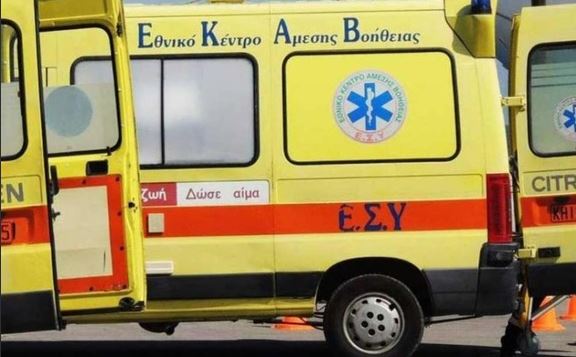In a country where the legal drinking age is 18, and modest alcohol consumption before adulthood is openly observed, underage drinking in Greece is often overlooked. That is, until incidents like the recent hospitalization of eight high school students at a nightclub in a southern Athens suburb come to light.
The club involved in the incident has been closed by Athens’ Municipal Council, and its owners have been charged with “endangering minors” due to the suspected sale of adulterated alcohol at the venue.
Underage Drinking in Greece
The reality is that the accessibility of alcohol makes it challenging to prevent determined minors from obtaining it. Bars line the streets, drawing crowds of all ages well into the night, and alcoholic drinks are easily purchased even at roadside kiosks.
However, events targeting minors, organized at bars and clubs and widely advertised, should be easily regulated. Some such events are even arranged annually by student council organizations of junior high and high schools, especially by private schools.

Tickets to one well-known annual event, where private school students gather at an Athens nightclub, are sold in advance to ensure the club is at capacity, and alcohol is served freely.
Over recent years, several private school administrations have sent notifications to parents clarifying that these parties are not sanctioned by the schools, yet they are unable to do much to stop their organization.
Insufficient Enforcement Measures
An article in Ta Nea attributes the issue of underage drinking to the fact that Greece’s inspection services focus more on enforcing anti-smoking laws than on verifying whether clubs are conducting ID checks.
Ta Nea explains that inspections to monitor minors’ access to clubs serving alcohol are fragmented across various agencies, including public health departments, municipal police, the Greek National Tourism Organization (GNTO), labor inspectors, port police, and others.
Data on inspections related to minors and alcohol are collected by Greece’s Ministry of Health, revealing that such inspections are “virtually nonexistent,” according to Ta Nea.
Yet even when inspections are carried out, they often lack legal consequences for bar owners. This is due to the fact that, in 2016, the then-ruling SYRIZA party removed penalties for serving alcohol to minors through legislation.
Greece’s Ministries of Citizen Protection and Health are currently reviewing the lack of inspections, Ta Nea reports, and are considering legislative changes that would allow authorities to take legal action against bar owners who admit minors and serve alcohol.
Whether Greece will indeed pass tougher legislation and implement enforcement measures remains to be seen, as does whether and how the country will finally address the chronic issue of establishments serving adulterated alcohol to people of all ages.


